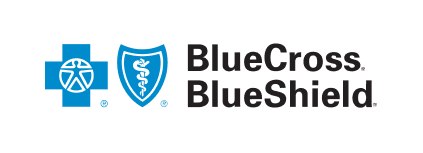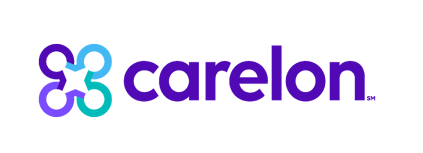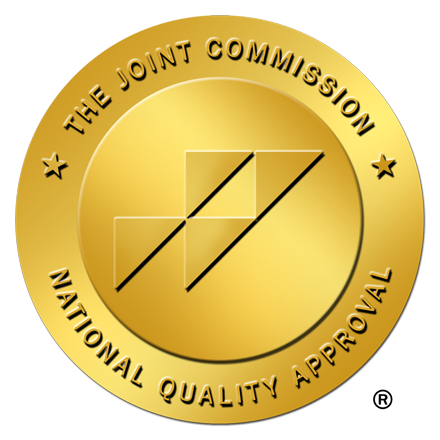Questions? Call for Help Now
Cognitive Behavioral Therapy is based on the premise that thoughts, feelings, and behaviors are interconnected. By changing unhelpful patterns of thinking and behavior, individuals can improve their emotional well-being.
Overall, CBT aims to empower clients to become their own therapists by teaching them to recognize and challenge unhelpful thought patterns and behaviors, develop more adaptive coping strategies, and ultimately improve their overall quality of life.

Featured facility: San Juan Capistrano
Working collaboratively with clients to challenge negative thought patterns
Through practice and skill-building, we help clients develop more adaptive ways of coping with stress and managing their emotions, leading to improved well-being and functioning.
A cornerstone of CBT is helping clients identify and challenge negative or irrational thoughts so they can limit distressing emotions and change their behaviors. Through collaboration with a therapist, clients start to understand their thought patterns and start to replace harmful beliefs with more balanced perspectives.
By reframing thinking, clients can break free from self-defeating cycles and embrace a more empowering mindset that fosters resilience and well-being.
Behavioral activation focuses on increasing engagement in positive and rewarding activities so that clients learn how to counteract feelings of apathy or despair. Through structured goal-setting and gradual exposure to enjoyable experiences, individuals reclaim a sense of purpose and regain momentum in their lives.
Behavioral activation empowers clients to rediscover joy, reconnect with their interests, and build a life worth living.
Exposure therapy helps clients confront sources of anxiety or fear with the goal of becoming desensitized to these triggers. Through systematic exposure in safe and controlled environments, clients learn to manage and overcome distressing reactions.
Whether addressing phobias, trauma-related triggers, or obsessive-compulsive behaviors, exposure therapy empowers clients to confront their fears with courage and resilience.
Cognitive Behavioral Therapy (CBT) is a widely used form of psychotherapy that focuses on identifying and changing negative thought patterns and behaviors. It is an evidence-based treatment approach effective for various mental health conditions, including anxiety disorders, depression, PTSD, OCD, and more.
CBT emphasizes the importance of behavior change through the use of behavioral techniques such as exposure therapy, behavioral activation, and skills training. Clients learn practical strategies for managing symptoms, coping with stress, and achieving their goals through gradual exposure to feared or avoided situations and the development of healthy coping skills.
CBT is typically structured, goal-oriented, and time-limited, with a focus on teaching clients practical skills that they can apply in their daily lives. It is often used to treat a wide range of mental health conditions, including depression, anxiety disorders, PTSD, OCD, eating disorders, and substance abuse.
CBT works by helping individuals recognize and challenge irrational or harmful thoughts, beliefs, and behaviors. Through structured techniques such as cognitive restructuring and behavioral activation, clients learn coping skills to manage distressing emotions and improve their overall well-being.
Overall, CBT is a collaborative and structured approach to therapy that empowers individuals to become their own agents of change by learning to identify and challenge unhelpful patterns of thinking and behavior. Through practice and skill-building, clients can develop more adaptive ways of coping with stress and managing their emotions, leading to improved well-being and functioning.
CBT employs various techniques, including cognitive restructuring (changing negative thought patterns), exposure therapy (gradual confrontation of fears), behavioral activation (increasing engagement in positive activities), and relaxation techniques. These methods are tailored to address specific mental health concerns and empower individuals to lead fulfilling lives.
CBT has been extensively researched and proven to be highly effective in treating anxiety disorders, depression, and related conditions. It gives individuals practical tools to manage symptoms, challenge negative thinking, and regain control over their lives.
In CBT sessions, you’ll work collaboratively with a trained therapist to set treatment goals, explore your thoughts and behaviors, and learn new coping strategies. Sessions typically focus on addressing current challenges and developing practical skills that you can apply in everyday life.
While CBT is beneficial for many mental health issues, it may not be the most appropriate treatment for everyone. Your therapist will assess your individual needs and preferences to determine the best therapeutic approach for you, which may include other modalities like psychodynamic therapy or medication management.
The goals of CBT in treatment vary depending on individual needs but often include reducing symptoms, improving coping skills, enhancing emotional regulation, challenging mal-adaptive thought patterns, and promoting overall well-being and functioning.
The duration varies depending on factors such as the severity of symptoms, individual progress, and treatment goals. Some people may experience improvements in a few sessions, while others may require longer-term therapy to achieve lasting change.
Call Now for Program Availability
Contact our admissions team to learn about our programs and to check availability at our facilities, or submit your insurance to verify coverage.
We accept most major insurance providers including the ones displayed here.
Submit your insurance to confirm coverage.










We accept most major insurance providers including the ones displayed here.
Submit your insurance to confirm coverage.




















Our facilities have been awarded prestigious recognition and certifications by adhering to rigorous guidelines and exceeding quality standards with consistent, safe & effective healthcare services.


We are on a mission to improve the lives of people with mental health conditions.
34270 Pacific Coast Hwy
3rd Floor
Dana Point, CA 92629
Questions? Call now to speak confidentially with an admissions counselor.